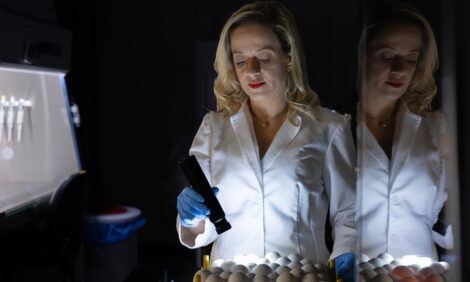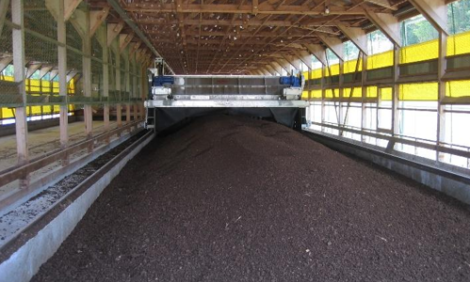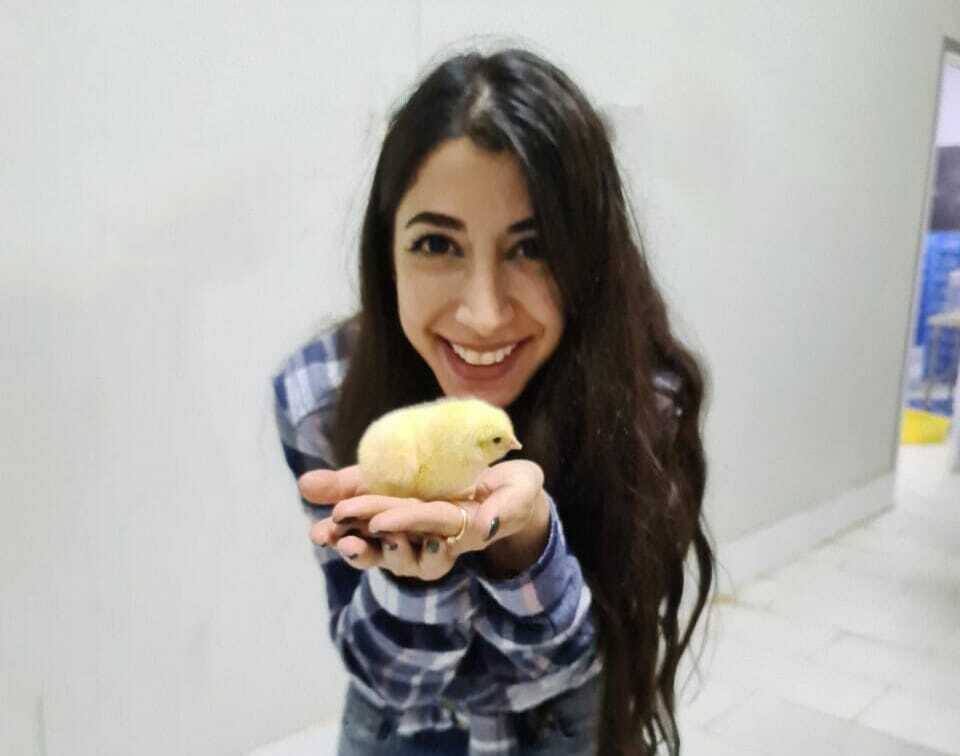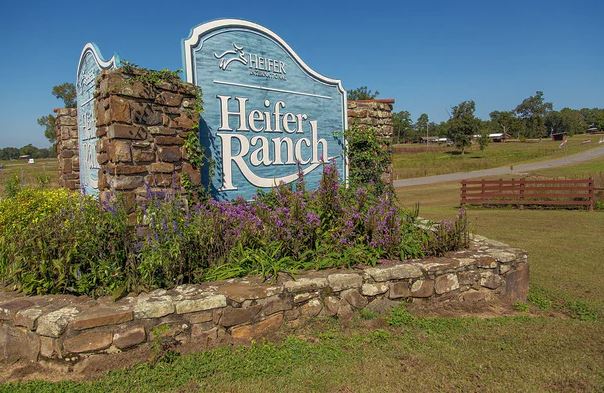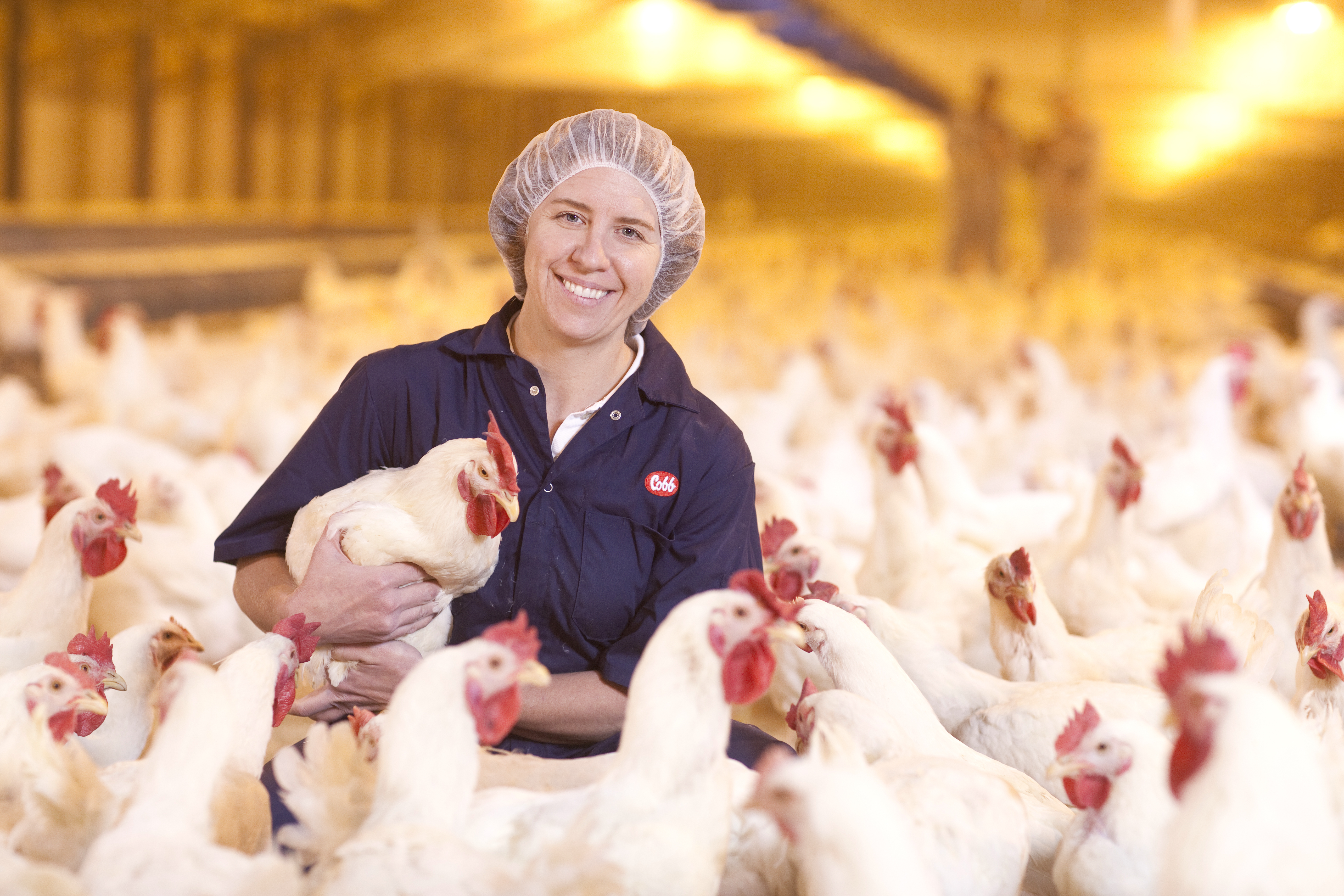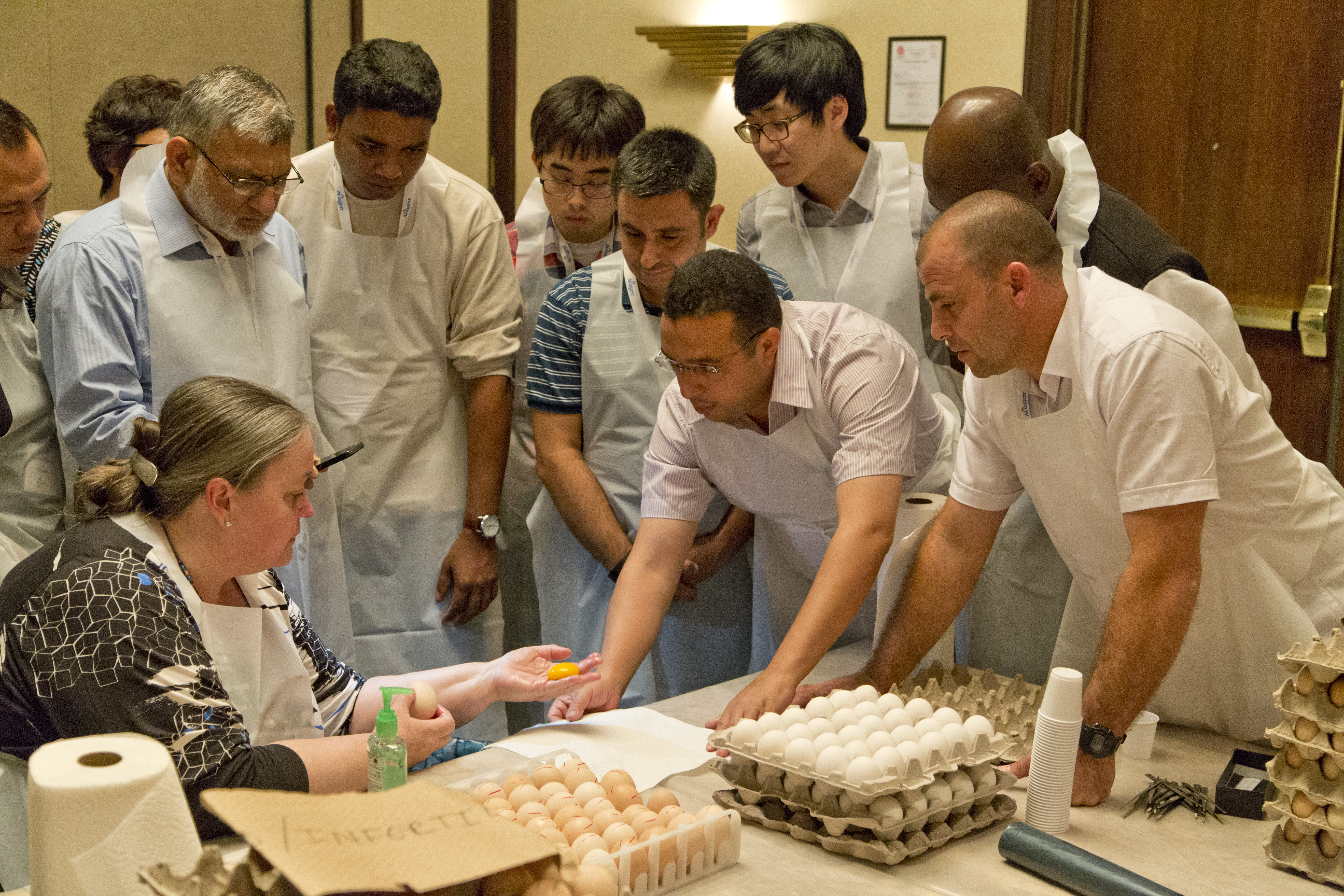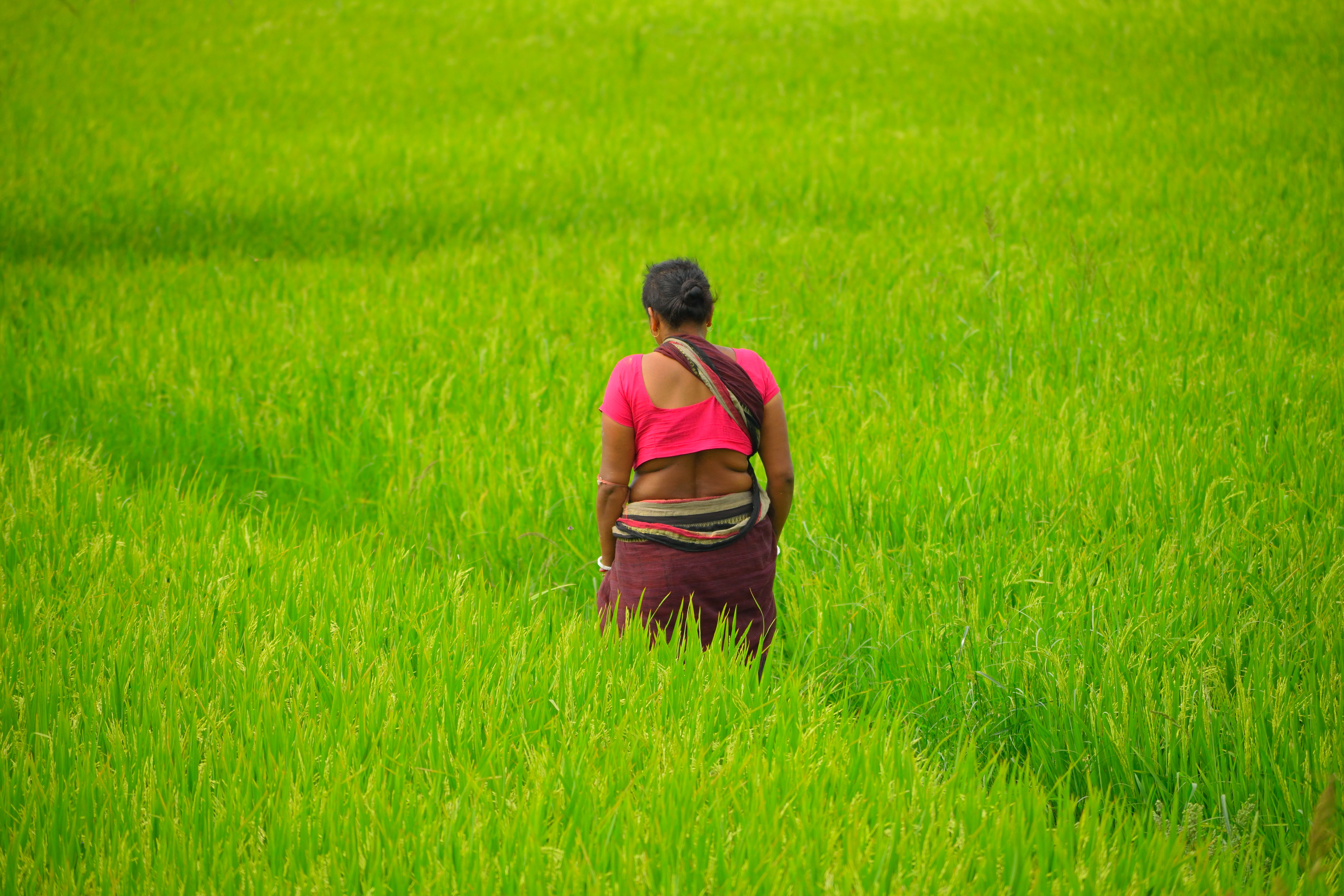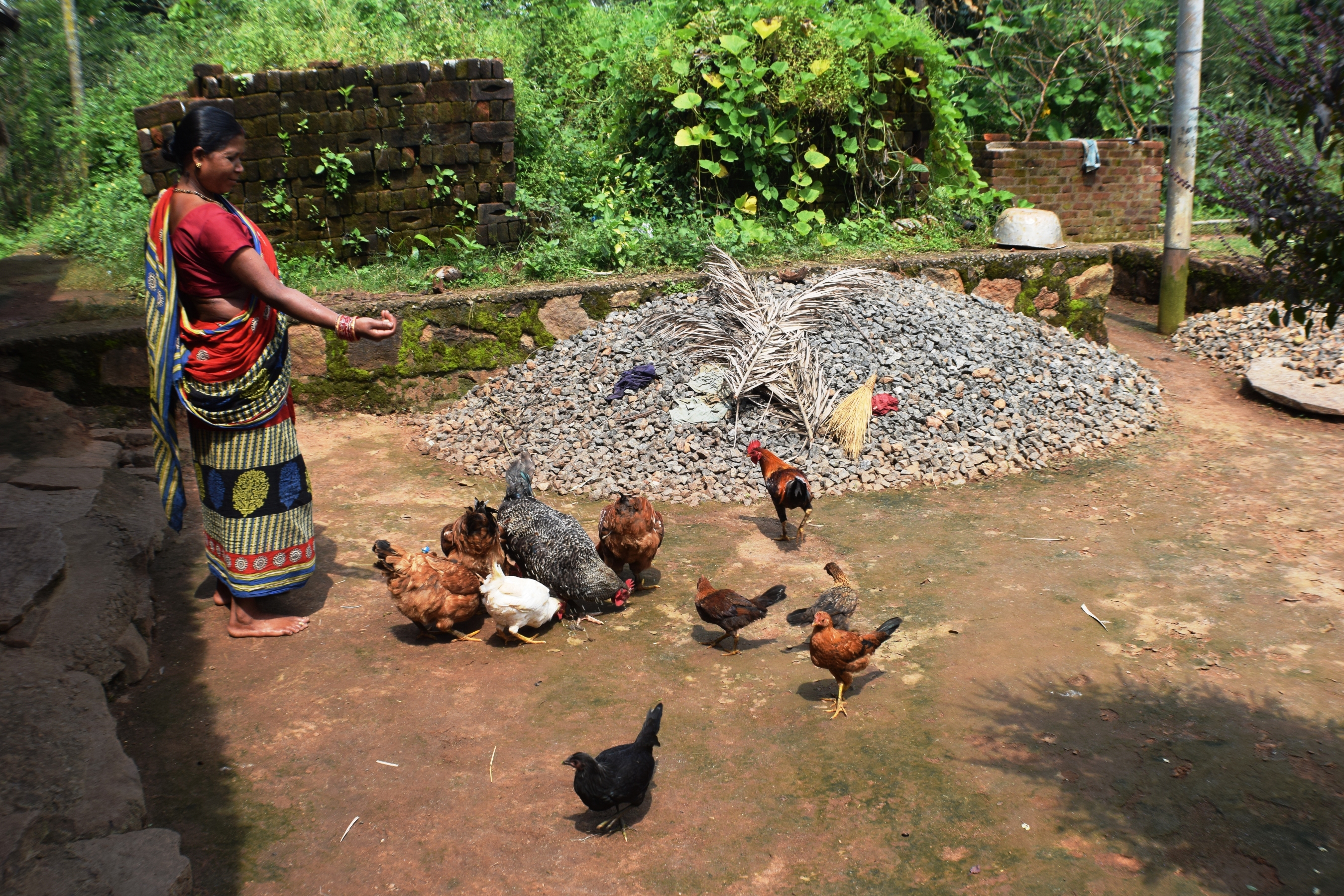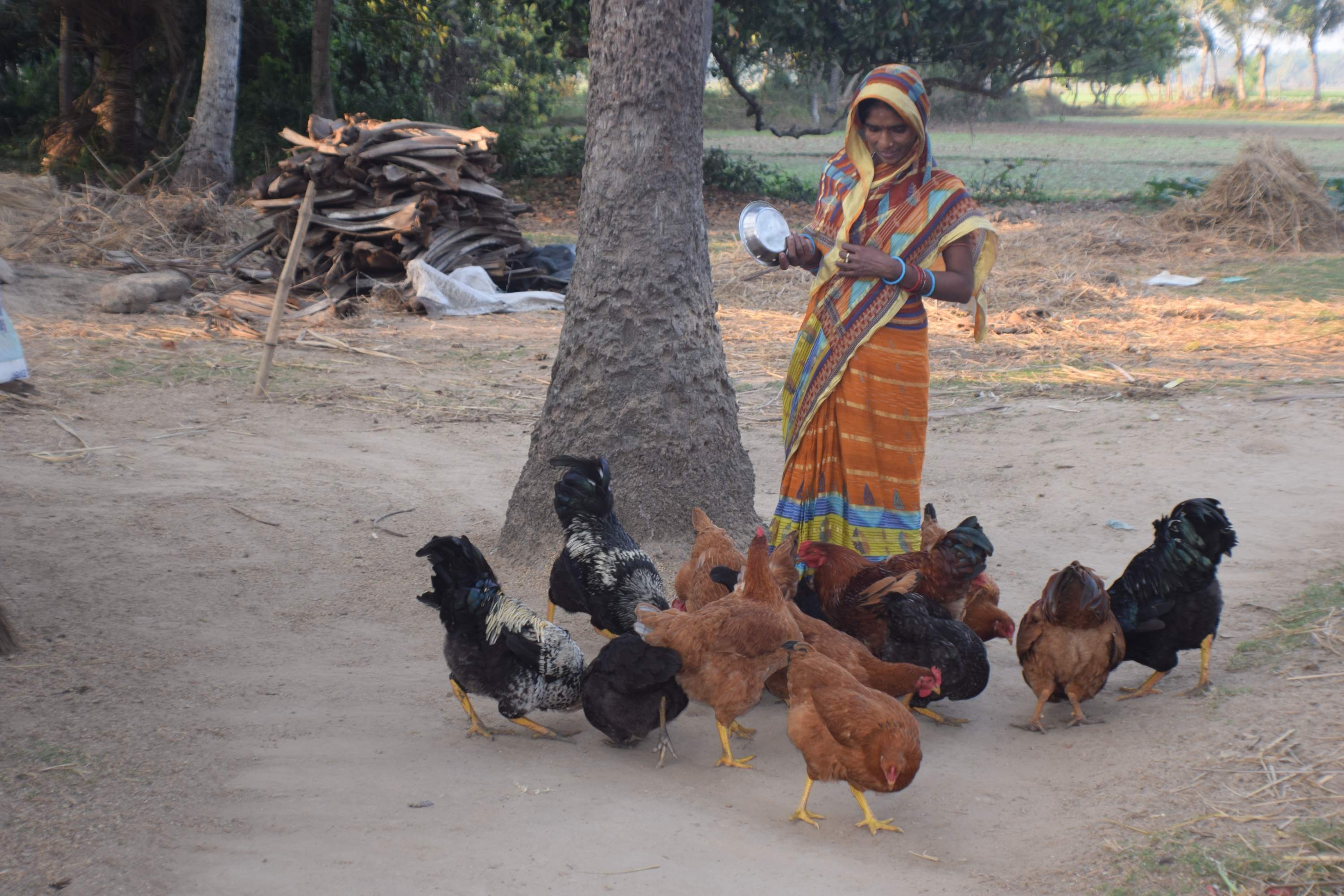



Women in Poultry: Rebekah Sotheran
Learn more about Rebekah Sotheran with Noble FoodsDescribe a typical day in your current role?
A usual day for me is ever-changing, which I love. While pullet rearing is not easy, it does offer more flexibility compared to other types of poultry farming. Due to the quick turnaround needed for some tasks, things move fast but often very smoothly on our site. We are also not constricted to having to work in the morning as some egg producers can be.
For me personally, my day includes making sure that the pullets have their feed and water throughout the day plus I also strip and build the sheds, which is one of my favourite parts of my job. When the pullets reach 12 weeks, ensuring that they are fit, healthy and protected from disease through vaccination also becomes a pivotal task. Finally, the depletion of the pullets at 16 weeks can be a time-consuming process. It’s also bittersweet, as we say goodbye to our old flock and prepare to welcome the next.
What’s unique about your role?
As well as how varied each day is, the most unique part of my role is my journey to it. I entered the industry from a completely different background to others I know, since I didn’t grow up on a farm and was much older than my peers when I first became involved at 16 years old. As many of us know, there can be a stereotype that farmers are usually born and raised on a farm, often following in their parents’ footsteps, but this was not the case for me. I first became interested in farming when I began to collect eggs at the weekend for pocket money, at a farm near to where I grew up. Over the years, this ignited my passion for the industry and I went on to study agriculture at college to learn more about how I could get involved and the roles open for me.
What are the main challenges that you face in your role?
Most recently, one of the toughest challenges for our farm -and many poultry workers nationwide - has been the outbreaks of avian influenza. It has meant much stricter measures being introduced. For example, everything must be disinfected and cleaned even more often than usual, and birds are restricted to being held in certain areas. This does mean that our daily tasks take longer to perform, but I am proud to say that we have maintained excellent biosecurity here at Seamer Farm. We are encouraging socialising of the pullets and are allowing them to move around as much as possible, while still staying in line with AI regulations, as this is crucial to ensure that the pullets remain strong and happy. Noble Foods has been instrumental in supporting us through this time – the team are all very well-educated on the subject and have made the transition smooth for us. Despite this being such a difficult period, we feel grateful to have experienced very few issues thanks to Noble Foods’ guidance and knowledge throughout the last few months.
What does the future of poultry health look like in terms of preventing and treating disease?
I think there is a bright future ahead for the poultry industry, particularly when it comes to health and disease prevention. There are few species where vaccination is more important, due to how pullets are housed. To avoid the spread of disease and keep pullets happy and healthy, maintaining the high standards of biosecurity that the industry is already showing is at the forefront of their care. We already have a great turnover at Seamer Farm and Noble Foods has played a massive part in this, helping us to keep our vaccination process in line with the best possible standards. Day to day, and aside from vaccinations, it is all about ensuring that the hygiene of the birds, the farm and socialization (within limits) is constantly being considered, as this puts the chances of our pullets becoming ill to a minimum.
Have you encountered any challenges as a woman in your field? If yes, how have you overcome them?
On the whole, I don’t believe that being a woman has held me back in the industry at all. However, there is very much still a stereotype that this is a male dominated profession, and that women are often not cut out for the physical work it involves. Personally, my favourite part of the job is building sheds – bearing in mind that these sheds can house 24,000 pullets, it is difficult for anyone to put them together! Being a woman in poultry, or indeed in agriculture as a whole, should be seen as a strength rather than a limitation. I feel lucky that my farms nurture a strong, family-orientated culture, and so do Noble Foods. Therefore, I do not feel that I am competing with others to progress in my career, but rather that there is a sense of community and belonging between me and my colleagues, regardless of gender.
What outstanding challenges facing the poultry industry would you most like to solve?
For me, a big challenge facing the industry is the age gap within farming. I am a member of the Young Farmers’ Club, and while I have made a lot of friends through this, I am yet to meet another female pullet rearer. Although slightly shocking, this is sadly unsurprising as I am one of the few young female pullets rearers on my sites too. It is not simply just an issue of gender, but one of age too; if we do not begin to encourage more young people into the industry it will struggle to keep up with demand – both from consumers and for innovation. A simple solution to this would be encouraging the farming industry to have a bigger presence on social media. There are some Facebook groups for young farmers, but with many of us dotted around the country and connecting with others mainly through social media, it is a key way to reach more of the younger farming population.
What’s the most exciting innovation that you see on the horizon for the poultry industry?
Sustainability is, of course, an important part of poultry, both when we think of the environment and the efficiency of our farms as businesses. There are some really exciting innovations going on in the agriculture and farming sector at the moment – for example, I recently read about a technology that is allowing chicken manure to be converted into energy. Poultry farming requires a large amount of resources, so innovations like this would mean a reduction in costs and waste. Feed is also one part of the supply chain that we must focus on improving. With new technology, it may be possible to grow feed on our own soil that provides enough nutrition for the growing pullets, rather than importing it. It’s really great to see that Noble Foods has already taken steps towards making feed more sustainable, by reducing the use of soy in their animal feed production by 20% - this is the feed we use for our pullets and it has kept them extremely healthy and happy.
What are you most excited about in the next 5-10 years regarding the poultry industry?
Although it is the oldest profession in the world, our sector would not be what it is without the innovations that we use daily. To me, pullet rearing is a very progressive part of the industry and we recently got two new shed roofs on one of our farms with the feed tracks now having the ability to be winched up. This has helped us dramatically with building time, making set up ten-times faster than before. This has also allowed us to spend more time making sure that the sheds are perfect and conditions are at an optimal level for the pullets. We work closely with Noble Foods to ensure that we are well-equipped to look after our pullets, and often go to them for recommendations for the best new technology. Looking ahead, I am most excited to see what innovations we will see in the temperature and lighting control of sheds. This is something that is fundamental to rearing pullets, as a slight change in lighting or a couple of degrees change in the temperature of the sheds or water makes a world of difference. Observation is also key to this, and some of the cameras that are being used to monitor the pullets with thermal imaging are useful for letting us know how they are doing when we aren’t around them.
What’s your next challenge?
Career progression is incredibly important to me and ideally, I would like to work my way up so that I can be part of pullet rearing across many different sites, travelling to different farms, or even going abroad to larger hatcheries. I would really like to broaden my knowledge within the whole of the poultry industry, not just because of my interest and love for it, but so that I am able to make a real impact and help future young farmers in their careers. Career development has been made really accessible at Noble Foods and I want to help other young people achieve this, especially in a time when fewer young people are showing an interest in the farming industry








